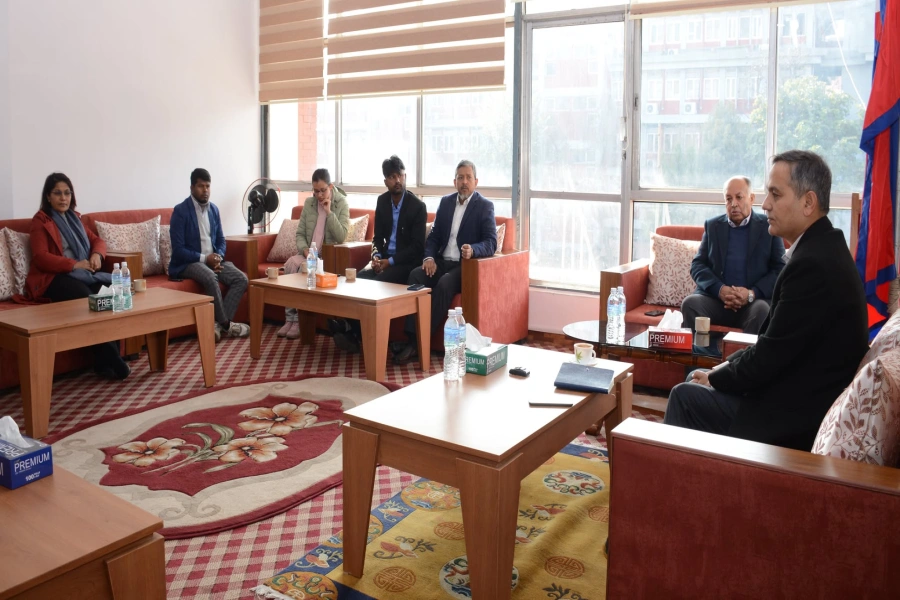In a bid to rejuvenate the financially beleaguered Nepal Airlines Corporation (NAC), the government has proposed the acquisition of three aircraft. This is a decision in the right direction to make the national flag carrier commercially viable and reliable flying partners to many in the country. This move, however, must be complemented by a comprehensive overhaul of NAC's management practices to ensure efficiency, cost-effectiveness, and enhanced customer service. It is imperative that the NAC optimizes its workforce, prioritizing essential staff while cultivating a customer-centric, business-oriented approach. The current financial predicament of the NAC is undeniably a cause for concern. The burden of servicing loans for previously acquired Airbus A320 and A330 planes has strained the corporation's financial resources, leading to delayed loan installments and interest payments. Amidst this, the proposition to purchase additional aircraft warrants careful consideration.
The recommendation to acquire three new aircraft is grounded in the aim to bolster the NAC's fleet and expand its operational capacity. However, this recommendation must be scrutinized against the backdrop of the corporation's existing financial constraints and operational challenges. It is essential to reevaluate the viability of acquiring new aircraft while addressing the pressing issues that hamper the NAC's current operations. A crucial aspect of the proposal involves financing the aircraft purchase through the sale of shares in Soaltee Hotel. While this can potentially inject the much-needed capital into NAC, it is vital to ensure that such financial strategies are strategically aligned with the corporation's long-term financial goals. Furthermore, addressing the mounting debt issue is paramount. The NAC's long-term debt, totaling approximately Rs 47 billion, necessitates a comprehensive debt management strategy. The reconciliation of liability payment amounts between different organizations that borrowed funds is crucial to establish a clear and accurate debt repayment plan.
Experts call for ensuring sustainable management of vital groun...

Additionally, the audited financial data of NAC presents a challenging reality. The corporation's low financial ratios and the proportion of earnings allocated to servicing loan interests indicate a need for more sustainable financial practices. Efficient utilization of resources, along with a comprehensive debt repayment strategy, can pave the way towards financial stability and growth. The proposal to purchase aircraft should be balanced with addressing the existing fleet's operational efficiency. The NAC's domestic operations, which have been notably strained due to aircraft unavailability, should be prioritized. The grounding of seven aircraft, including vital domestic route carriers, requires immediate attention to ensure seamless domestic flight services. NAC management must prioritize strengthening its domestic fleet by procuring new aircraft.
The suggestion to mandate government employees to utilize NAC aircraft for domestic flights is a step in the right direction, promoting internal consumption and potentially bolstering domestic revenue streams. However, it must be accompanied by strategic marketing efforts and improved services to attract a broader customer base. While the proposal to purchase additional aircraft for the NAC is a step towards revitalizing the national flag-carrier, it must be backed by a comprehensive approach to address the corporation's financial challenges and operational inefficiencies. A holistic review of management practices, prudent financial strategies, and a clear vision for both domestic and international operations are essential to ensure the sustainable growth of the NAC. The government must prioritize an approach that ensures efficiency, accountability, and customer satisfaction within the NAC, making it a viable and competitive entity in the aviation industry.





































